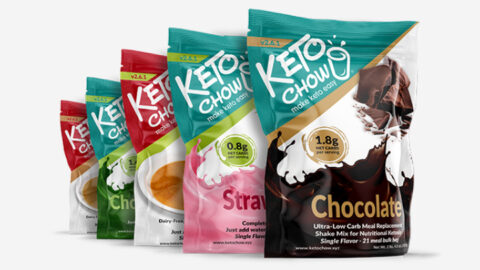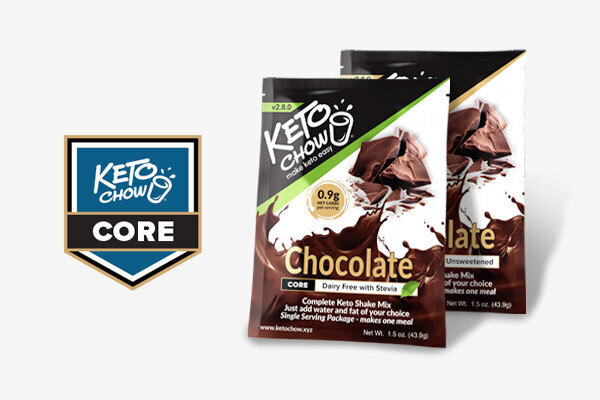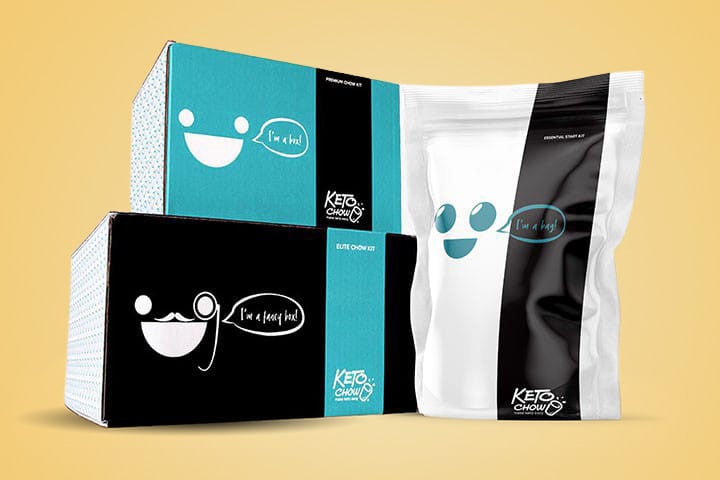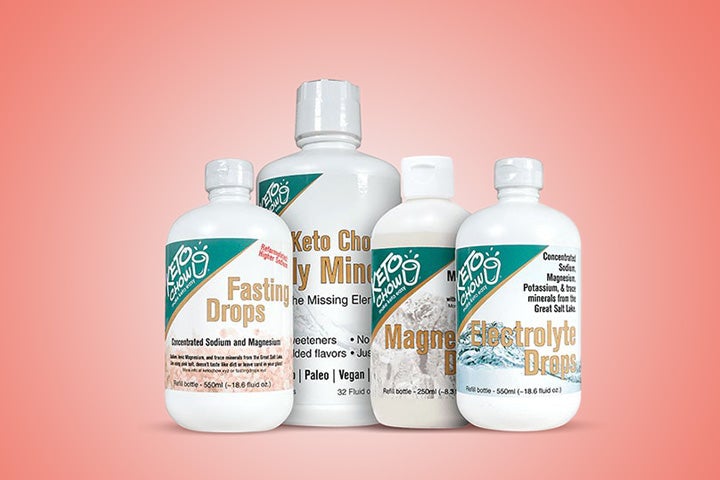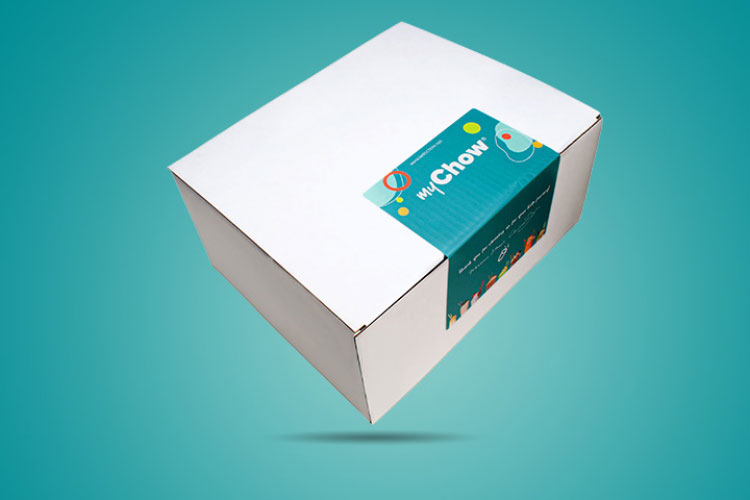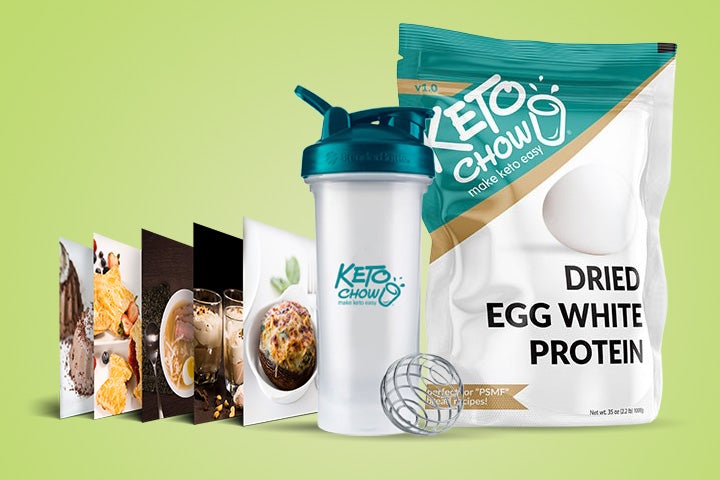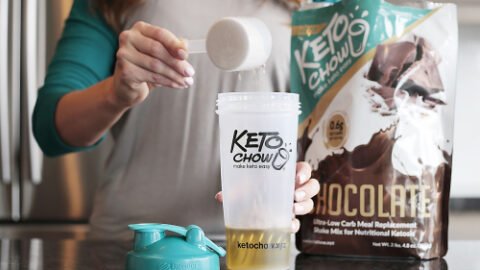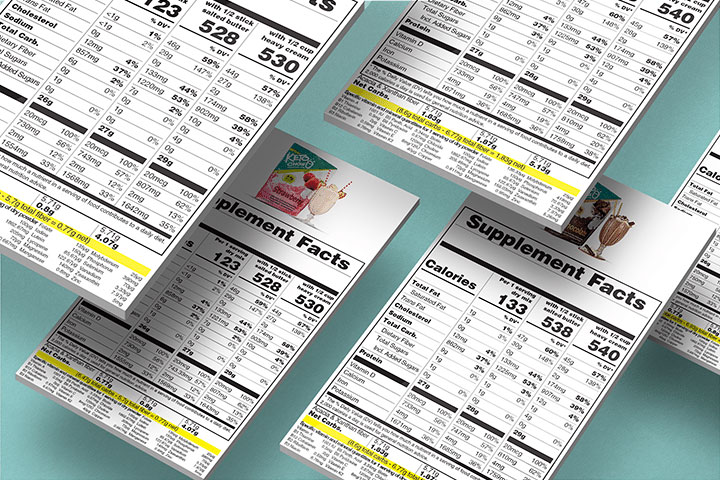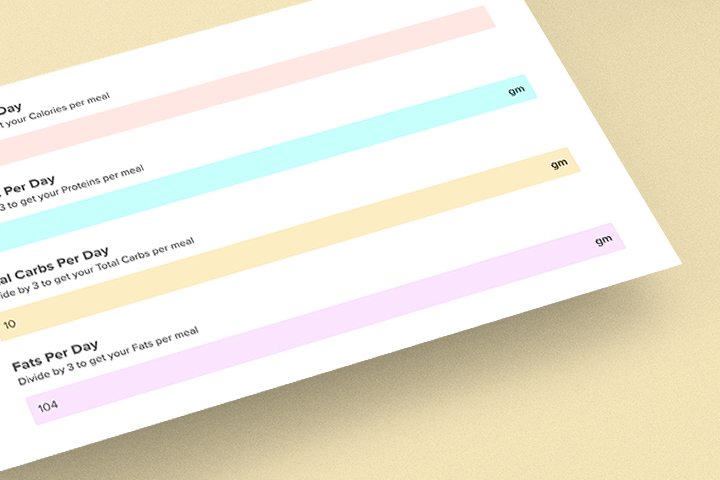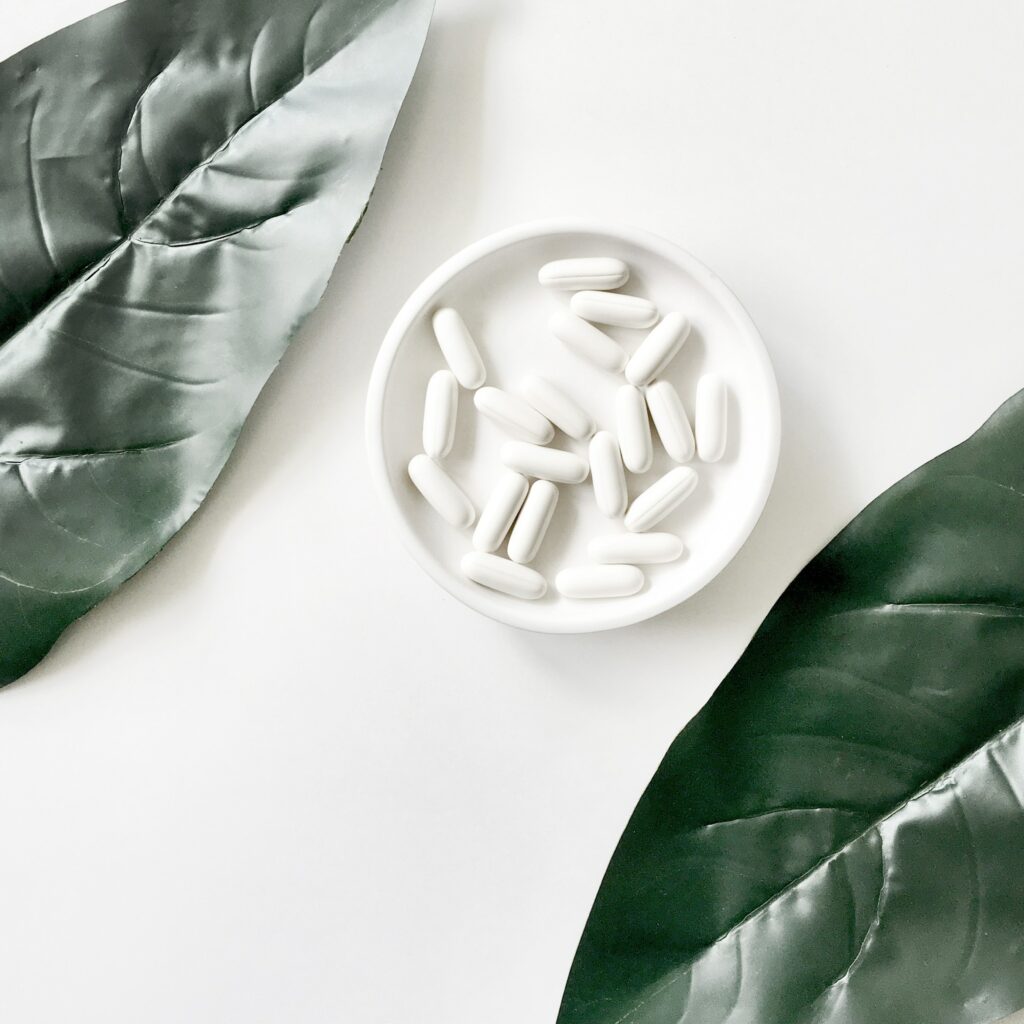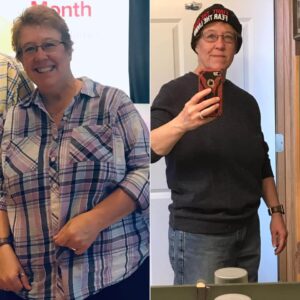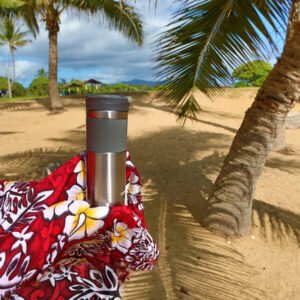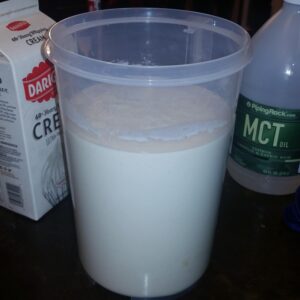Even if you’re eating a variety of nutrient-rich foods, it’s difficult to know exactly how much of each vitamin and mineral you’re getting… Work with a doctor or nutrition professional to assess whether there are specific nutrients you’re deficient in and which supplements would be best for you.
Supplements: yay or nay? Walk through the supplement aisle at a drugstore or supermarket and it would be easy to think you need to take supplements. Plus, some well-known keto diet proponents have their own personal branded line of supplements, so that must mean you should take them, right? Maybe—maybe not.
Let’s look at supplements: what they are, who might need them, and the benefits and potential risks.
What are supplements?

Supplements are concentrated doses of vitamins, minerals, phytochemicals, and other compounds that you take to boost your intake of essential nutrients or to potentially help with a specific outcome like weight loss, lowering cholesterol, or reducing joint pain, for example.
Supplements are available in different forms, such as capsules or tablets, powders, liquids, and even creams or gels that are absorbed through the skin. You can also take supplements via injection or infusion. The main thing to keep in mind is that supplements are just that: supplemental to the food you eat.
Do you need supplements on keto?

In theory, a well-formulated keto diet will give your body everything it needs for optimal functioning: adequate protein, healthy fats, and the full complement of essential vitamins and minerals from plant and animal sources. Things are often different in practice, though.
Even if you’re eating a variety of nutrient-rich foods, it’s difficult to know exactly how much of each vitamin and mineral you’re getting. After all, the vitamin C content of a red pepper grown in summer in California might be different from one grown in Canada in the fall. Certain nutrients also degrade over time, so the way that foods are stored, transported, and prepared can affect their nutrient content.
Additionally, evidence indicates that changes in soil composition and growing and breeding practices have resulted in today’s vegetables and fruits having a lower nutritional content than the same foods several decades ago. So the foods that may have provided our great-grandparents with adequate nutrients could be coming up short today.
Nutrient absorption

Many people have digestive conditions that reduce their absorption of select nutrients, so they might benefit from getting more in supplement form.
Alcohol, coffee, and tea can interfere with absorption of select nutrients. You don’t need to worry much about this unless you drink large amounts of these or frequently have them along with your meals, but it’s worth being aware of.
It’s well-known that some people need to pay special attention to their electrolyte intake on a keto diet. The often dramatic drop in insulin induced by a very low carbohydrate intake changes the way the kidneys retain these critical minerals. Some people need much more sodium than they did on a higher carb diet, and supplemental magnesium works well for constipation and muscle cramps.
Deficiency versus insufficiency

It’s relatively rare for someone to have a full-blown nutrient deficiency in the developed world. Not many people are walking into doctors’ offices with scurvy, pellagra, beriberi, or other serious deficiency diseases you learned about in health class. But just because you’re not debilitated, doesn’t mean you’re getting all the nutrients you need to feel your best.
A long list of chronic issues people may have come to accept as “normal” could easily be caused by nutrient insufficiencies where the shortfalls aren’t severe enough to result in an obvious diagnosable disease.
These could include fatigue, depression, brain fog, constipation, weakened immune function, and problems with hair, skin and nails, and more. In both cases (deficiency or insufficiency), supplementing with nutrients you’re low in may correct those issues and help you to feel better.
How do you feel?

When someone reports bothersome signs and symptoms on a keto diet, too often the advice on social media is to “keto harder.” Or to ditch all vegetables and other plant foods and do the carnivore diet. And while these suggestions do sometimes help, it’s dangerous to dish out these recommendations when someone reports indications of a potential nutrient deficiency or insufficiency.
The appropriate answer isn’t always to cut your carbs more or eliminate them entirely. Don’t ignore troublesome things you’re experiencing. Trust your instincts and don’t assume that doubling down on keto or carnivore is going to correct things. (You can eat plenty of red meat and still be anemic!)
Sometimes we just can’t get everything we need from food alone and we need a little boost from supplements.
Medications and nutrient depletion

A long list of commonly used medications are known to interfere with nutrient absorption, potentially resulting in a need for supplementation. Antacids, oral contraceptives, metformin, statins, diuretics and other blood pressure medicines decrease absorption or body status of a host of nutrients.
Your doctor might not be well-versed in these effects, so be sure to understand the mechanism of action of any drugs you take. How does it do what it does, and what are the implications of that with regard to nutrient status? (Consult a trusted source, such as the Linus Pauling Micronutrient Information Center at Oregon State University.)
Also, just because a drug has the potential to reduce absorption of certain nutrients doesn’t automatically mean this will be a problem for you. Don’t assume you need to supplement without assessing your situation with a medical or nutrition professional.
The good news is, a keto diet often eliminates the need for many of these medications, but while you’re taking them, you want to be aware of any potential nutrient shortfalls that might result.
Supplements for specific medical conditions

Supplementing with certain nutrients can be helpful for people living with specific medical conditions. For example, berberine has impressive effects for lowering blood sugar and hemoglobin A1c in people with type 2 diabetes, and inositol improves insulin sensitivity in women with PCOS. One class of drugs used for high blood pressure is called calcium channel blockers.
Magnesium is a natural calcium channel blocker and induces other effects that can be beneficial for lowering blood pressure.
Again, the positive thing here is that keto diets can reverse type 2 diabetes, eliminate hypertension, and improve hormone imbalances in PCOS even without these supplements. Most studies showing these impressive results are done solely using a keto diet, so we don’t know how much additional benefit the supplements would provide beyond what keto does all by itself.
If you have a medical condition and are taking medication, always check with your doctor or other qualified medical professional before starting a new supplement.
Beyond pills: other forms of supplements

Depending on the severity of any deficiencies you may have, oral supplementation might not get the job done. You might not properly absorb the nutrients in pills or capsules, or you might need a higher dose or more rapid repletion than you can get orally.
Most nutrients can be delivered via injection or infusion. Iron and vitamin B12 are the most common, owing to the numerous people who don’t absorb these adequately from food.
Caution with supplements

Supplements are readily available in stores and online, but that doesn’t mean they’re always safe to take. As mentioned above, many medications increase your need for certain nutrients, but it’s also true that certain supplements can be dangerous to take together with certain medicines. (Read the inserts that come with any medications you take. Don’t just toss them away—there’s important stuff in there!)
Another problem that can arise from supplements is that taking high doses of isolated nutrients can cause imbalances in other nutrients. A well-known interaction is between copper, iron, and zinc. Taking one of these, by itself, in high does for an extended time can lead to a deficiency or insufficiency in the others.
This is why it’s important to work with a professional who can help you assess your nutrient status and advise you safely with supplement recommendations.
Bottom line

Work with a doctor or nutrition professional to assess whether there are specific nutrients you’re deficient in and which supplements would be best for you. And don’t base your supplement regimen on what someone else is doing.
The supplements that work well for someone else could be contraindicated for you. Don’t spend a fortune playing guessing games with supplements and trying 47 different things when it might be easy to identify the specific things you’re low in (if any) through working with someone knowledgeable in this area.
Looking for a ketogenic meal?
Then try Keto Chow! Keto Chow is a low-carb shake with 1/3 of your daily nutrients. It can be made in seconds, and it comes in over 30 flavors.
